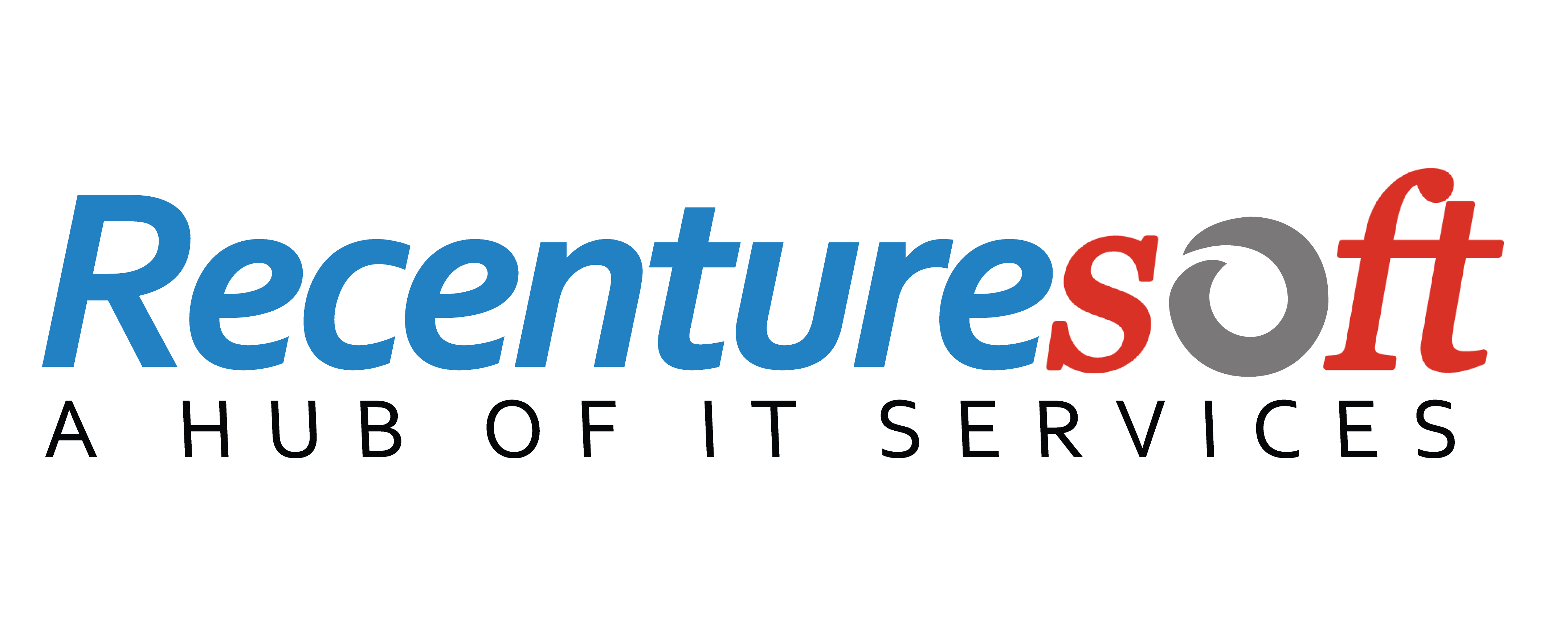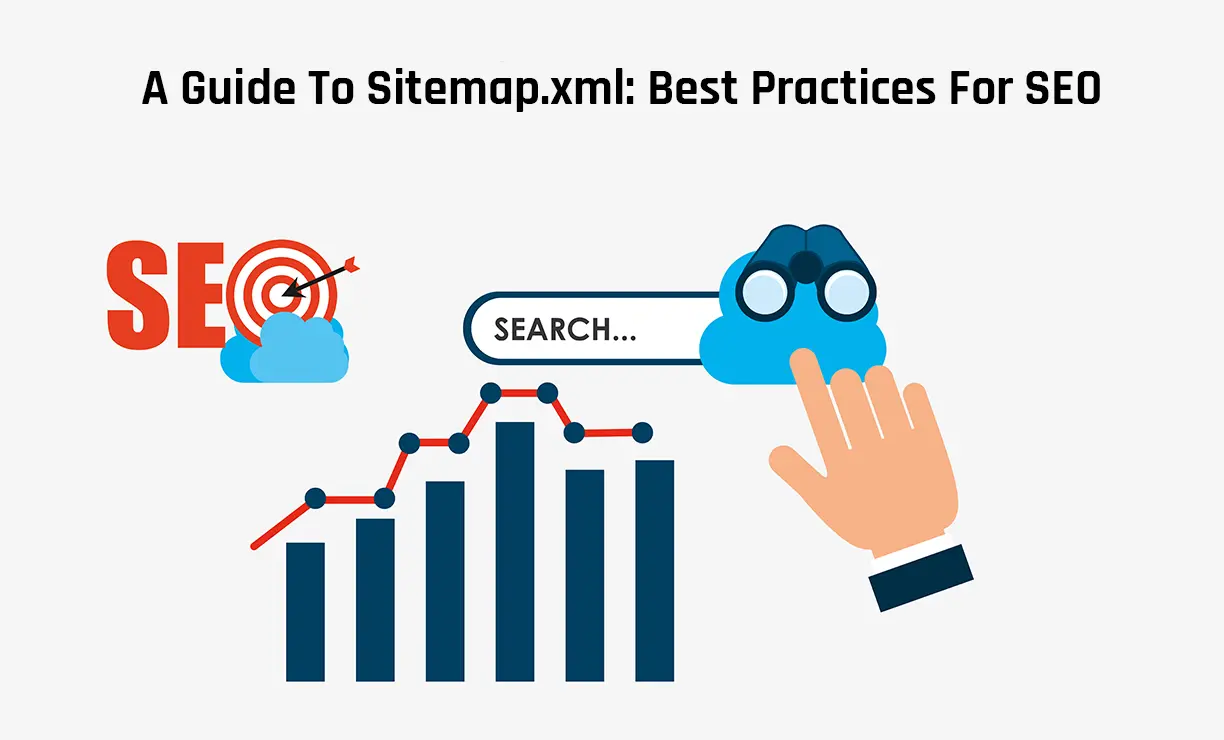Keyword stuffing is when you constantly repeat the same words and expressions to the point where it loses its natural flow.
It not only looks strange, but it also gives the user a bad impression. As a result of the lack of a natural ebb and flow to the subject matter on the site, anything else on the site makes it harder to decipher. You'll almost certainly have a high bounce rate if you use unnatural material. Individuals may visit your site, but they are unlikely to stay after reading two lines that contain the same key phrase or keywords reiterated in various ways.
Your website will provide no helpful information to web users other than the fact that you sell a specific item.
Google ranked online content using a simple set of signals in the initial periods of web search, long before SEO was an idea. In the early days of search engines, the more key phrases you utilised, the higher your page would place.
Implementing keyword stuffing as a google ranking factor
Exact keywords were formerly regarded as a powerful signal. A page will have a good chance of succeeding if a keyword appeared essentially as the viewer typed it. Keyword stuffing became popular after people realised they could position their web pages for more questions by reiterating different versions of keywords on a page.
With a great deal of keyword stuffing, you might get away with it. This included everything from keyword stuffing in on-page copy to complete paragraphs of keywords that are comma-separated.
A far more outrageous form of keyword stuffing included making the content the same colour as the page's background to hide paragraphs of keywords. When Google crawls the pages, it can detect hidden keywords, but users won't notice this out of the ordinary.
An on-page copy wasn't the only place where keywords were crammed in. To trick search rankings, page titles and meta titles were crammed with keywords. This is what people mean when they say that the early days of SEO were like the Wild West. Sites weren't just unaffected by keyword stuffing, but they were also more likely to gain from it.
Google Updates
As Google released the Florida upgrade in 2003, which is considered Google's first significant algorithm update, the effect of keyword stuffing on search engine rankings transformed.
According to evidence, the Florida update mainly aimed at link spam, but other spammy methods were also affected.
Although Florida lowered the effect of keyword stuffing on rankings, the practice was still praised by Google's algorithms.
Google announced the Panda update in 2011, which was designed to target low-quality website content with no additional value.
As a necessary consequence, keyword-stuffed articles were undoubtedly bumped down in search engine results, as they added less importance to the web than pages that weren't authored to fool search results.
Following Panda, Google highly suggested against keyword stuffing
Hummingbird introduced Google's first communicative search, allowing users to type questions in basic language and have Google's algorithm comprehend what it was they were searching for.
After this upgrade, people's initiatives to write articles altered, especially when it came to the use of key phrases oddly. Hummingbird was the catalyst for the transition from writing content for search engines to writing content for individuals.
Keyword stuffing was done simply to exploit search engine rankings and provided no value to users. Now since Google's search algorithm is effective at recognising good content, it's an outdated method.
The proof of keyword stuffing as a google ranking factor
Keyword stuffing is not even a ranking factor, as evidenced by Google's search results. Page titles that are written normally, meta descriptions that encompass paragraphs of real copy, and publications that aren't stuffed with exact-match phrases are all features of today's SERPs.
However, this is only circumstantial evidence. Keyword stuffing is acknowledged in a section titled "irrelevant keywords" in Google's Webmaster Guidelines, which webpages must follow in an attempt to continue indexed in search. If you had any doubts about whether Google penalises pages with an excessive number of keywords, the Webmaster Guidelines provide the official word.
Important things to know about google ranking factor
To rank a website, Google considers over 200 different factors. Apparently. It makes no difference how precise this number is. It's still awe-inspiring in its magnitude. Especially for those who are just getting their site ranked.
Although there's a snag. Not all of these elements are extremely relevant. Some are necessary, but others may not make a dramatic contribution to your industry. Many of them you have little direct control over.
Given below are the important factors to consider:
On-page factors
The way you optimise your page has the biggest impact on its rankings. The page optimization variables that can influence its search visibility are listed below.
Keyword used in the meta description
In today's SEO world, the relevance of the meta description tag is frequently debated. Even so, it's still an indication of relevance. It's also important for getting users to click through from search engine results pages. It is more pertinent to a web browser and a user if the keyword is included.
Keywords in the title
One of the most powerful significance cues for a search engine is the title meta tag. The tag's purpose is to provide a detailed overview of the page's content. It is used by search engines to highlight the key title of a search result. By including a keyword, the search tool will know where to list the page. The keyword should preferably appear at the beginning of the title tag. Pages optimised in this manner will rank higher than those with keywords near the end of the title tag.
Keywords in the H1 tag
Another relevant factor is the H1 tag, which serves as an explanation of the page's material. Despite the ongoing debate over its significance, including your keyword in an exceptional H1 tag on a site is still a great practice.
Updated content
The Google algorithm favours content that has recently been revised. It does not imply that you must constantly modify your webpage. Google recognises that advertising pages, such as product details, may not be as time critical as blog entries about the latest happenings. However, it's a good idea to have a plan in place to edit definite types of media every twelve months or more.
Duplicated content
It's not like all factors have an important impact on your ranking system. Comparable content on different web pages can certainly affect your ranking in search engines. Write a unique version for every page to prevent reusing content.
Use of canonical tag
However, sometimes it is inescapable to have two URLs with relevant titles. Using a canonical tag on the site is one method to deter it from becoming a copied information problem. This tag serves a single purpose: it informs Google that one URL is comparable to the other, indicating that two pages with the same subject matter are in reality one.
The size of the article
Searchers nowadays want to be better informed and will not be satisfied with general details. To rank first, Google search for influential and exceptional learning. It's also simple logic that the lengthier your material is, the more likely you are to wrap more elements of your subject. Don't be afraid to write long but hugely beneficial content.
Outbound links
The search engine receives trust signals when you connect to authoritative pages. Consider it this way: you'd only send a consumer to some other site if you wished them to gain more idea about the topic. This could be a huge factor in Google's trustworthiness. Countless outbound links, on the other hand, can drastically decrease the rank of a page, lowering its search visibility. Outbound links can have an impact on your rankings, so use them sparingly.
Site factors
Several factors mentioned below have a good impact on the visibility of the site.
Sitemap
A sitemap assists search engines in indexing all of the pages on your website. It is the easiest and most direct method of informing Google about the pages on your website.
Domain trust
The importance of domain trust cannot be overstated. It's difficult not to believe that sites that Google respects should be ranked higher. But then how do you earn someone's trust? Constructing your domain's trust factors will, without a doubt, pay off.
Server location
Some SEOs simply assume that the location of a server can bolster rankings for a specific country or region.
Mobile friendly
The site is mobile-friendly. Only a year ago, 46% of searchers exclusively used mobile to conduct research. In the last 12 months, this percentage has skyrocketed. It should come as no surprise that having a mobile-friendly website affects standings in a certain way.
Integration with Google Search Console
Finally, having your site authenticated through Google Webmasters Tools has been said to aid indexing. Even if that isn't the situation, the tool provides useful information that you can use to improve your site's optimization.
Off-page factors
Google considers factors outside of your site when ranking your pages.
- The number of domains that link to each other. Among the most important metrics, the number of domains that link to you ranks the highest.
- The number of pages that link to each other. There may be some links to your site from a specific domain; the number of links is also a ranking factor. However, having more links from different domains instead of a single domain is still preferable.
- The linking page's Domain Authority. Not every page is created the same. Links from domains with an elevated domain authority will be more important than links from domains with lower domain authority. As a result, you should make an effort to obtain links from websites with high domain authority.
- Relevance of the link Some SEOs genuinely think that links from a webpage that are related to the topic of your page are more relevant to search engines.
- The linking domain's authority. A domain's authority may also be a search ranking. As a result, a link from a low-authority page on a high-authority site is more valuable than one from a lower-authority domain.
- A homepage's links. Likewise, some SEOs presume that links from a linking domain's home page are more powerful than links from one of its pages.
- There are a few do-follow and no-follow links. Google has stated that No-follow links are not counted. As a result, the amount of do-follow links you have should have an impact on your rankings.
Therefore, this is all you need to know about using keyword stuffing as a google ranking factor.







